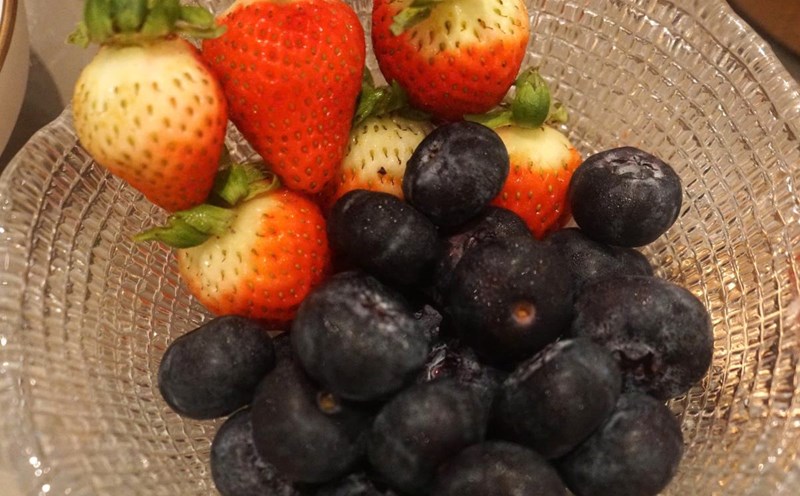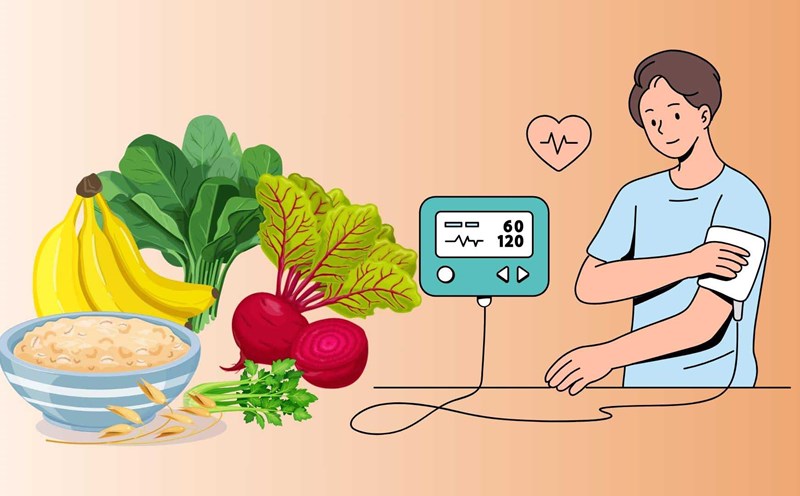Maintaining sodium balance in the body is important for overall health, as both excess and low sodium levels can lead to problems such as high blood pressure or dehydration. While the body naturally regulates sodium levels, certain foods and drinks can help restore balance.
According to Dr. Sunil Kumar Prabhu, Consultant Dermatologist and Cosmetic Physician, Aster PV Hospital, JP Nagar, Bengaluru (India), combining potassium-rich fruits, water-rich drinks, and low-sodium foods can support optimal electrolyte levels and overall health.
Potassium-rich foods
Potassium helps excrete sodium through urine, supporting stable blood pressure. You can supplement potassium from bananas, oranges, sweet potatoes, spinach, tomatoes and beans.
Foods rich in magnesium
Magnesium has the effect of regulating sodium and potassium levels in cells, while helping blood vessels expand, improving circulation. Almonds, pumpkin seeds, green vegetables, whole grains and avocados are good choices.
Calcium-rich foods
Calcium supports blood vessel activity and combates the negative effects of sodium. Low-fat milk, broccoli, tofu, and calcium-fortified plant milks are a useful source of supplementation.
Foods that provide water
Foods with a high water content can help clear excess sodium from your body through urine. It is important to choose foods that provide water such as cucumber, watermelon, citrus fruits (such as oranges and grapefruits), tomatoes and lettuce.
Algae and spices
Instead of salt, you can use herbs and spices to add flavor to your meals while keeping your sodium levels low. Some ingredients to add to your daily diet include garlic, basil, coriander and turmeric.
Whole grains and legumes
In addition to fiber, grains such as oats, quinoa and lentils also help balance sodium thanks to their high magnesium and potassium content.










